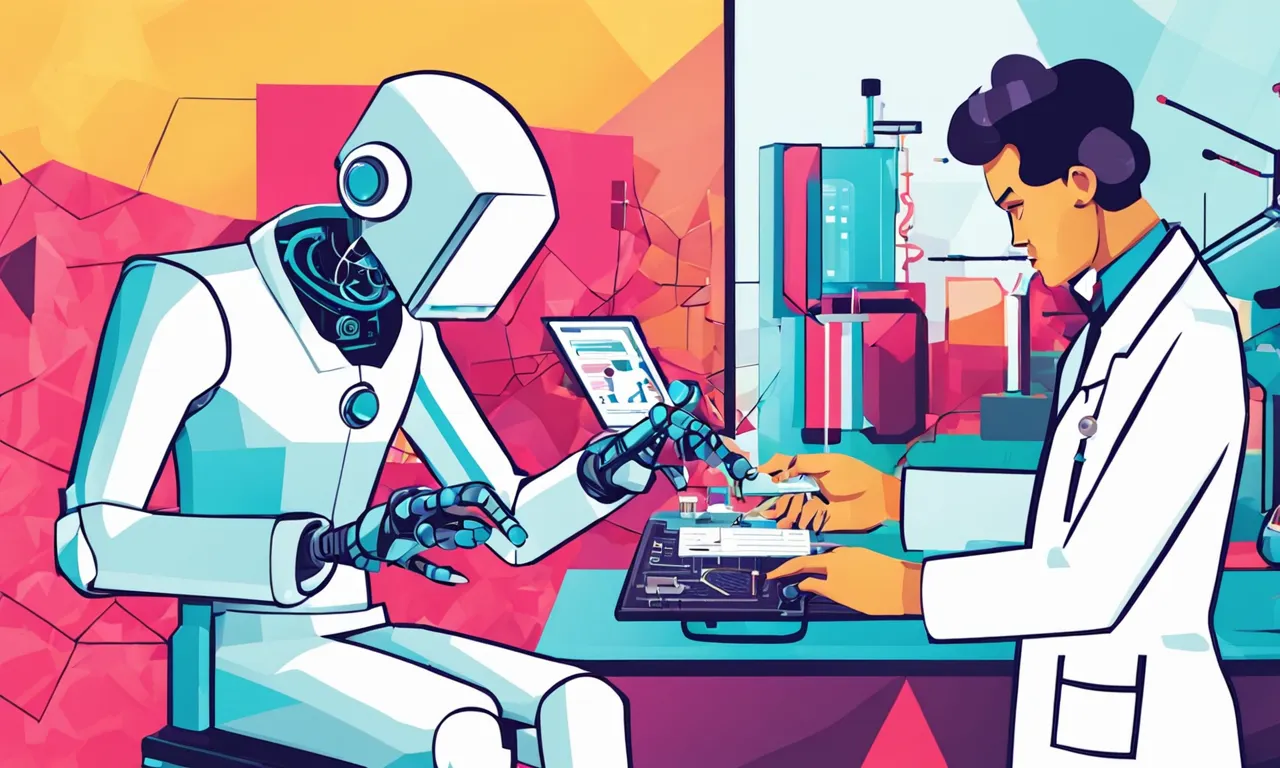Google has teamed up with medical technology leader iCAD to leverage the power of artificial intelligence to transform cancer screening and care.
Under the agreement, Google's state-of-the-art deep learning technology will be integrated into iCAD's ProFound Breast Health Suite for mammography reading. This means that—upon regulatory approval— Google's AI could act as an independent reader to analyze mammograms and detect breast cancer with superhuman speed and accuracy.
Typically, two radiologists assess each mammogram. This approach has become a challenge, however, amid a worsening global radiologist shortage. iCAD's CEO Dana Brown said that by incorporating Google's remarkable AI capabilities into ProFound Detection, they can offer a viable single-reader alternative.
“Healthcare organizations are seeking clinically-proven solutions to help their radiology departments run more efficiently and adeptly handle the workload in front of them,” Brown said in a press release. “By leveraging the remarkable capabilities of ProFound Detection, iCAD seeks to provide a viable alternative to the current double-reading workflow.”
ProFound Detection is iCAD's cancer detection tool that rapidly scans mammograms and accurately pinpoints suspicious areas for radiologists to examine further. Studies show it significantly improves accuracy, reducing false positives and unnecessary recalls while speeding up reading time.
This new partnership builds on an earlier agreement signed last November to unite the two companies' breast cancer detection prowess. An amendment to the existing agreement was signed earlier this month, with Google having proven its mettle by surpassing the success rate of expert radiologists in reading mammograms.
A 2020 study found Google's AI achieved an 11.5% higher accuracy score than the average human reader. Additionally, simulations showed it could take on 88% of the second reader's workload under the double-reading system while still maintaining performance.
As iCAD's CEO explained, combining Google's AI with iCAD's solutions will expand access to potentially life-saving technology for women globally. Moreover, iCAD will provide free cancer screening to underserved groups in certain countries, demonstrating their ethos that where one lives should not determine whether one lives.
The rise of AI has unlocked revolutionary new possibilities in healthcare. For example, Decrypt recently reported that scientists used AI to develop CancerGPT, a model that uses large pre-trained language models (LLMs) to predict how different drug combinations might affect rare human tissues found in cancer patients. This may be a game changer for experimental cancer treatments and for assessing the risks of specific drugs in cancer therapy.
In other medical fields, Ankh is an AI system that can understand the language of complex proteins, and may be able to unlock new disease insights. Separately, AI-discovered senolytics show promise against age-related conditions.
With AI's help, the future looks bright for detecting cancer sooner and boosting patient outcomes worldwide. As iCAD's CEO aptly said, this technology partnership levels the playing field and gives every woman the best shot at finding cancer early.

